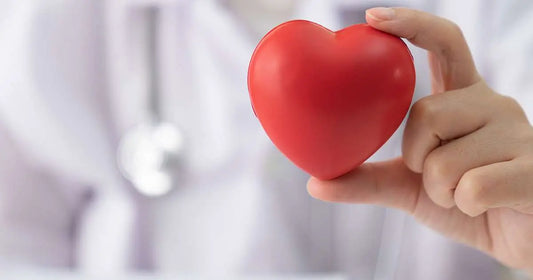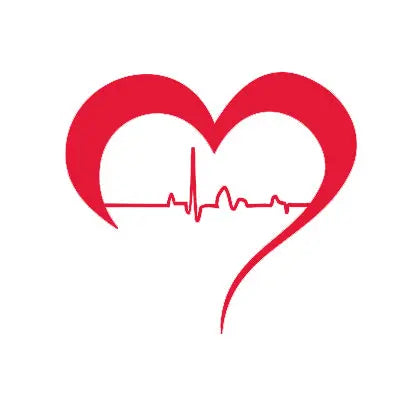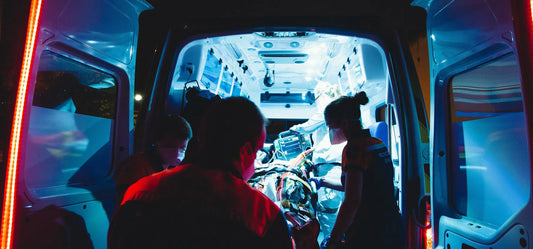As we gracefully age, our bodies undergo a multitude of changes, and one of the most vital organs affected is our heart. While the golden years are filled with cherished memories and well-earned wisdom, they can also bring a heightened risk of heart-related issues. In this blog post, we will dive into the significance of heart health in old age and the crucial role that defibrillators play in safeguarding the well-being of seniors.
Understanding the Risks
Age is an undeniable factor in the development of heart-related conditions. As we grow older, our heart muscles may become less efficient, and the risk of coronary artery disease, arrhythmias, and heart failure increases. These conditions can result in sudden cardiac events, which can be life-threatening without prompt intervention.
The Importance of Early Detection
In the pursuit of a heart-healthy lifestyle in old age, early detection of heart issues is paramount. Regular medical check-ups, monitoring blood pressure, and cholesterol levels, and maintaining a balanced diet can significantly reduce the risk of heart problems. However, some conditions may develop silently, making it essential to have the right tools on hand for emergency situations.
The Role of Defibrillators
Defibrillators, also known as Automated External Defibrillators (AEDs), are portable devices that deliver an electric shock to the heart to restore its normal rhythm during sudden cardiac arrest. These life-saving devices are crucial in old age for several reasons:
-
Rapid Response: During a sudden cardiac event, every second counts. Having an AED readily available in homes, senior communities, and public places ensures that immediate assistance can be provided until professional medical help arrives.
-
Ease of Use: Modern AEDs are designed with user-friendliness in mind. They provide clear, step-by-step instructions that even bystanders can follow effectively, potentially saving lives in critical moments.
-
Increased Survival Rates: Studies have shown that using an AED within the first few minutes of cardiac arrest can dramatically improve the chances of survival. Having an AED nearby can be a literal lifeline for seniors, who may be at higher risk.
-
Peace of Mind: Seniors and their loved ones can know that they are prepared for emergencies. This knowledge can reduce anxiety and contribute to overall well-being.
-
Community Health: Senior communities, care facilities, and public places that invest in AEDs contribute to the overall health and safety of their residents and visitors, making them more attractive options for seniors looking to live their best lives in their later years.
In the journey through old age, prioritizing heart health is not just an option; it's a necessity. The heart, our body's natural metronome, deserves all the care and attention it can get. As we age, defibrillators become indispensable tools in our arsenal, ready to jump into action when our hearts falter. So, whether you are a senior yourself, a caregiver, or a concerned family member, consider the importance of having an AED within arm's reach. It's an investment in a brighter, healthier future that ensures that your golden years are spent enjoying life to the fullest, knowing that your heart is in good hands.




